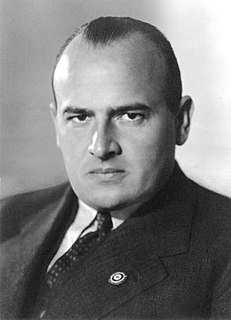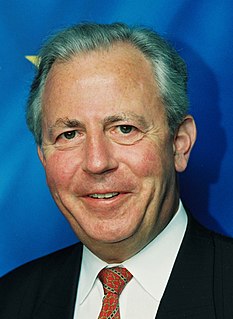A Quote by Noam Chomsky
In fact, the Outer Space Treaty of 1967 bans militarization. Potential adversaries of the US, and even its allies, are so far behind that these countries are very interested in maintaining the treaty. Europe and the rest of the world want a strong reaffirmation of the Treaty and the US is unilaterally trying to derail it. Termination of the treaty would mean that the US could develop satellite weapons, put offensive weapons in space. It would probably mean using nuclear power in space. All of this leads to some very dangerous scenarios, including destruction of the species.
Quote Topics
Adversaries
Allies
Bans
Behind
Could
Countries
Dangerous
Derail
Destruction
Develop
Europe
Even
Fact
Far
In Fact
Including
Interested
Leads
Maintaining
Mean
Nuclear
Nuclear Power
Offensive
Outer
Outer Space
Potential
Power
Put
Rest
Satellite
Scenarios
Some
Space
Species
Strong
Termination
Treaty
Trying
Us
Using
Very
Want
Weapons
World
Would
Related Quotes
We have a crisis in nuclear weapons, and again, thanks very much to the Democrats: Bill Clinton, who removed us from the Anti-Ballistic Missile Treaty framework for nuclear disarmament, and then Barack Obama, who created a trillion-dollar budget for us to spend on a new generation of nuclear weapons and modes of delivery.
There could be some compromise, but I think we have to stick to the provisions of the treaty, and the provisions of the treaty are saying that the president is appointed for a mandate of eight years time. I think it would be very damaging for the European Central Bank if there would be a splitting of this mandate.
World peace is threatened not only by weapons of mass destruction but also by conventional weapons which have led to countless violations of human rights, including the rights to life and to physical integrity. A strong treaty can contribute greatly to international and regional peace, security and stability.
The basic problem with the Non-Proliferation Treaty is there's no teeth in it, no penalties for countries that don't comply. Worse, as you say, the very naïve structure of the NPT has actually made it helpful for countries who want to acquire nuclear weapons. Iraq, North Korea, Iran, all used the NPT to build up their nuclear programs.
However, the treaty exists and it puts us in a different position toward the Soviet Union than the one we have toward other countries. Yes, the treaty exists. Nor does it exist on only one side. Look how w3e're situated geographically and you'll see that India is very important for the Soviet Union.
... looked at from the standpoint of the ultimate result, there was little real difference to the Indian whether the land was taken by treaty or by war. ... No treaty could be satisfactory to the whites, no treaty served the needs of humanity and civilization, unless it gave the land to the Americans as unreservedly as any successful war.




































